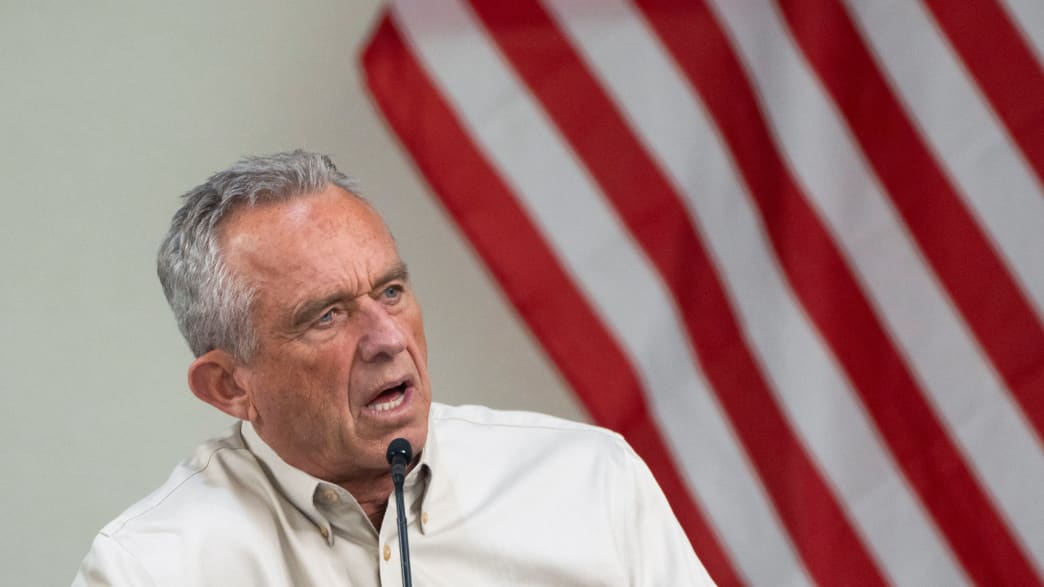Democratic Senators Hesitate on Harris’s Move to End Filibuster for Roe v. Wade
Vice President Kamala Harris’s recent call to end the filibuster to make abortion rights law has ignited a spirited debate within her own party.
Senate Veterans Caution Against Rapid Filibuster Changes
Senator Jack Reed of Rhode Island voiced caution, reflecting on past repercussions from the Senate’s rule changes. He reminded colleagues of the GOP's previous lowering of the vote threshold for Supreme Court confirmations.
"We should approach it very carefully because what goes around comes around. That’s one of the few permanent rules of the United States Senate," Reed explained.
Reed also emphasized the previous necessity for a 60-vote supermajority which he believed promoted moderation and higher qualifications in Supreme Court nominees.
Diverse Opinions Among Democrats on Filibuster Reform
From Colorado, Senator John Hickenlooper expressed a preference for bipartisan dialogue and achieving a robust 60-vote support to enshrine reproductive rights, viewing it as a more stable legislative strategy.
"Reproductive freedom is a right that women should have everywhere. The surest way to ensure that, which makes it much, much more durable, is to get 60 votes," he stated, stressing the importance of broader consensus.
Senator Patty Murray from Washington is still weighing her position on the filibuster, illustrating the ongoing internal deliberations among Democrats.
Some Senators Support Filibuster Reform for Senate Efficiency
Conversely, Illinois Senator Dick Durbin criticized the filibuster as a barrier to Senate efficacy, expressing support for a broader reform dialogue.
"Sign me up for an honest-to-goodness conversation about reforming the filibuster beyond one or two [issues]," Durbin declared, emphasizing the need for fundamental changes to restore legislative functionality.
He lamented the current state of the Senate, which he feels is stymied by procedural inaction, pointing out the low bar of success as merely avoiding government shutdowns.
Concerns Over the Long-term Impact of Filibuster Removal
An anonymous Democratic senator raised concerns that altering the filibuster for a single issue might set a precedent for other sweeping changes, potentially destabilizing Senate operations.
Independents and former Democrats, Senators Krysten Sinema of Arizona and Joe Manchin of West Virginia, who have historically defended the filibuster, are set to leave office after 2024, adding another layer of complexity to the ongoing debate.
This uncertainty underscores the challenging dynamics within the Senate, as members balance the immediate needs against long-term institutional impacts.
Majority Leader Schumer Cautious on Immediate Filibuster Reforms
While Senate Majority Leader Chuck Schumer acknowledged the possibility of filibuster reform discussions next year, he stopped short of outright support for Harris's specific proposal on abortion rights.
This circumspection from Schumer indicates a measured approach, preferring to gauge the full spectrum of Senate opinions and the potential electoral landscape after the midterms.
The debate over the filibuster and its implications for reproductive rights legislation continues to unfold, highlighting deep divisions not only between parties but within the Democratic Party itself.



